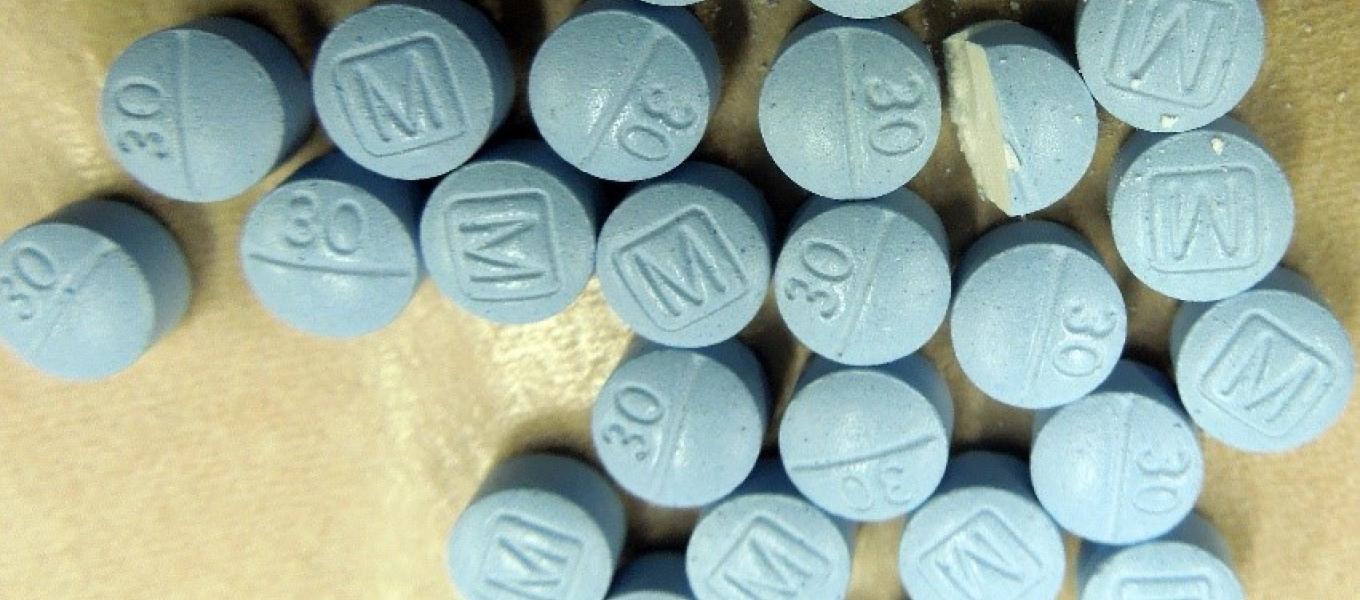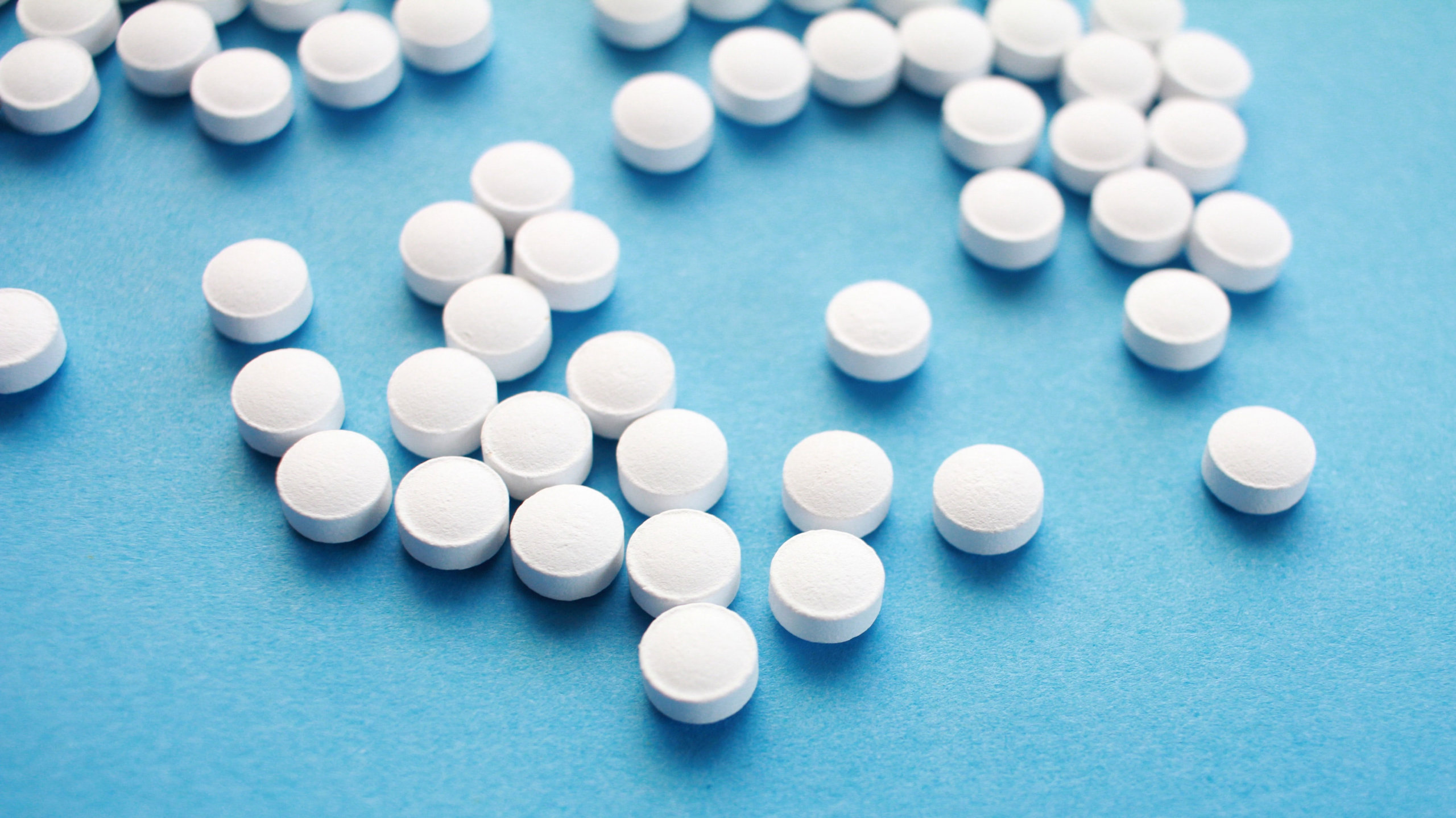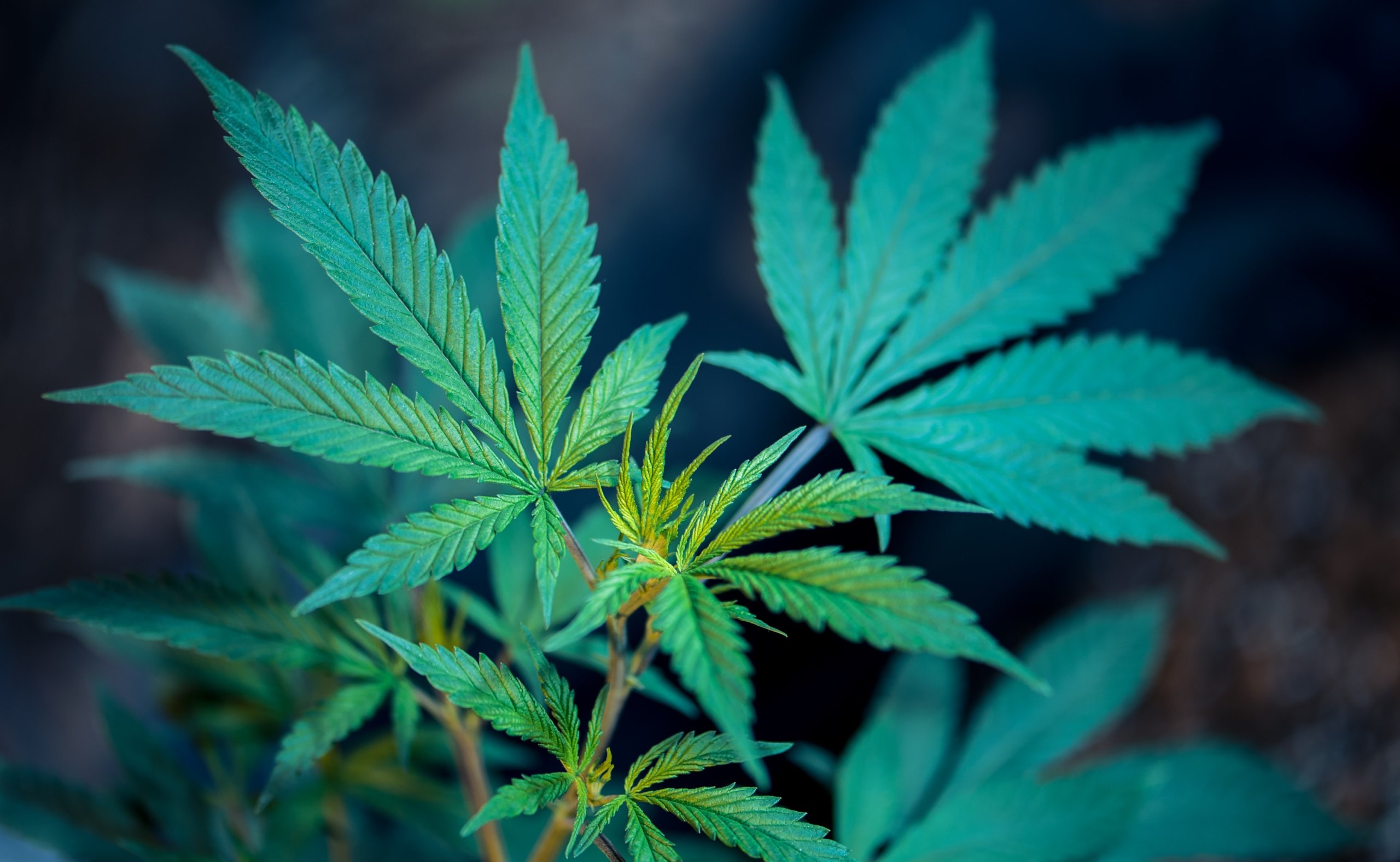Recovery sayings may seem overly simplistic, but for many, they are powerful messages. Even if you don’t attend 12-Step programs, you may hear the same AA or recovery-oriented sayings and cliches from others in sobriety. Often, these phrases go in one ear and out the other. But every now and then, when we find ourselves struggling or having a rough day, these sayings hit us with such clarity and truth that we see them in a brand new light. Recovering from substance abuse and mental health struggles is a lifelong journey. These are just a few tried and true statements that circle addiction recovery on a daily basis.
AA Sayings and Wisdom
One Day at a Time
Overwhelm can lead to a lot of destruction in our lives. We may feel powerless and small when fantasizing about the future, the bills we have to pay, and the unfathomable idea of being sober forever. Therefore this core saying is spoken in 12 steps rooms across the globe. One day at a time. Focusing on the now allows us to return to ourselves, our bodies, and our feelings right here and now. This is more manageable than getting swept away in a lifetime of worries, doubts, and fears. Staying present is one of the greatest tools in addiction recovery. This moment is all we have. Furthermore, this awareness is highly beneficial for mental health and stress reduction. What’s more, in many Buddhist and other wisdom tradition teachings, it is said that now is all we really have. The future and the past are an illusion. We have no control over the past and we do not know what is yet to come. Hence, staying present in the now is key. In recovery, we often say – just “take the next right step”. In addition, “just for today”, is one of the greatest assets for people who are sober—and all humans for that matter!
Keep it simple
In recovery, if you don’t have your sobriety, you don’t have sh*t. Most of us watch our professional and personal lives crumble when drinking or using. “Keep it simple” helps keep your ground and focus on what matters — the basics. Feed yourself. Get good sleep. Love yourself (though this may not seem easy all the time it’s a big one). Be grateful for what you do have, and be proud of yourself. Even if you feel like you’ve accomplished nothing today, you are sober and that means everything. You are worthy of love and happiness.
Life on life’s terms
Every now and then life hands you something unexpected. There are things that we can’t control. This saying helps us with radical acceptance. We didn’t choose addiction. Furthermore, only when we accept this can we get better. We don’t choose when loved ones leave us or what happens in the world. We don’t get to choose whether or not there is a worldwide pandemic. Accepting life on life’s terms allows us to not panic in the face of uncertainty. Allowing ourselves to flow with the punches of life actually returns power to our hands, granting us the ability to focus on what we do have control over, our actions and reactions.
Cunning, baffling, powerful
Straight from the big book of AA, this statement illustrates our addiction. Many of us have tried to have that “one beer”, only to find ourselves bewildered again at the depth of our addiction sometimes only days later. This describes the power that substances have over us despite our best efforts to remain in control. When we respect our addictive ways and no longer underestimate the power destructive patterns can have over us, we allow ourselves to no longer be consumed by them.
Recovery Sayings: Mental Health Healing
What happened is not your fault, but healing is your responsibility
Much of our trauma, especially in childhood, was not our fault. We may harbor great resentment at the hurts of our past. We may sit angrily, arms crossed, waiting for the apology that may never come. If we want to heal, we must accept that we have to do the work. It is our responsibility, to no longer pass on the pain of our past by hurting those around us with our addiction and behaviors. Though this may be frustrating, it is truly a gift we give to ourselves to move on and heal.
You can’t heal in the same environment that made you sick
We are creatures of habit. Our biology is hardwired to return the familiar. In earlier times, these mechanisms kept us safe, knowing which berries were not safe to eat and which well-trodden paths would lead us home. Unfortunately, when struggling with addiction, things that feel familiar and safe may be perpetuating our illness. It is our job to create new pathways of thought and action to lead to a healthier life. This may include hanging out with different people, not the usual crowd you partied with every weekend. It may mean different relationships: ie, find a partner who is nothing like your ex. No longer visit areas of town that trigger your cravings and remind you of your rock bottoms and drug dealers. In addition, we choose different activities. It can be amazing to rediscover what you love to do and how you spend your time soberly. Limit the amount of time we spend with people who belittle our worth. Though these people may feel familiar, after we spend time with them we feel bad about ourselves. Find people that lift you up and support you in sobriety and your dreams. It can be hard to recognize which behaviors and relationships need changing, but if we observe and remain present, they will become clear and our resilience and desire for well being will strengthen.
Though we may tire of hearing these recovery phrases, evaluate them with a fresh eye. And lean into the wisdom of daily recovery and sober living. As a result, we have the chance to learn deep wisdom. If you or someone dear to you is in need of support, please reach out for help. You are not alone.













